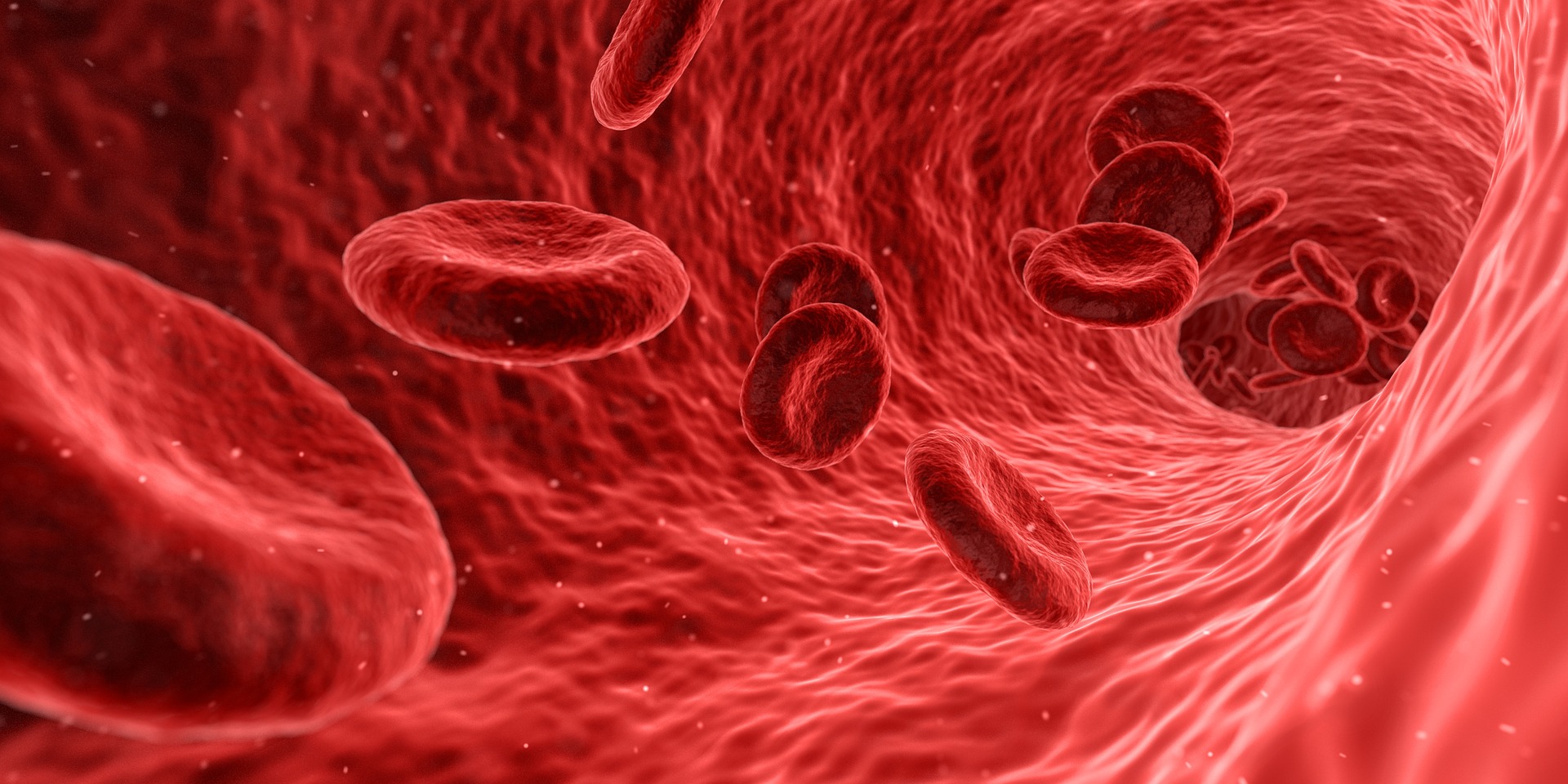
Iron deficiency is a common health concern that affects people of all ages and backgrounds.
What is Iron Deficiency?
Iron is an essential mineral that plays a crucial role in carrying oxygen throughout your body. Iron deficiency occurs when your body doesn’t have enough iron to produce sufficient red blood cells, leading to a decrease in oxygen delivery to your tissues and organs.
Causes of Iron Deficiency
There are several potential causes of iron deficiency, including:
1. Inadequate Diet: Not consuming enough iron-rich foods like red meat, poultry, fish, beans, lentils, tofu, spinach, and fortified cereals.
2. Blood Loss: Heavy menstrual periods, gastrointestinal bleeding (from conditions like ulcers, polyps, or inflammatory bowel disease), or frequent blood donation.
3. Increased Iron Needs: During periods of rapid growth (adolescence, pregnancy) or in individuals who engage in intense physical activity.
4. Poor Iron Absorption: Certain medical conditions like coeliac disease or gastric bypass surgery can hinder iron absorption.
5. Medications: Some medications, such as antacids or proton pump inhibitors, can affect iron absorption.
Symptoms
Iron deficiency symptoms can vary in severity and may include:
– Fatigue and weakness
– Pale skin and nails
– Shortness of breath
– Cold hands and feet
– Headaches and dizziness
– Brittle or spoon-shaped nails
– Restless leg syndrome
– Difficulty concentrating
Diagnosis
If you suspect iron deficiency, it’s important to consult a healthcare professional. We may consider the following tests:
1. Blood Tests: A complete blood count (FBC) can assess your haemoglobin and haematocrit levels, while a serum ferritin test measures stored iron levels. Sometimes, additional tests like iron-binding capacity or a reticulocyte count may be conducted to determine the cause of your deficiency.
2. Additional Tests: FIT (stool test), colonoscopy and gastroscopy are common tests to look for the cause of iron deficiency.
A colonoscopy is a medical procedure used to check the inside of your large intestine, which is also called the colon. We do this by using a special tool called a colonoscope, which is a thin, flexible tube with a tiny camera on the end.
During a colonoscopy, you’ll be given medicine to help you relax, and sometimes you might even fall asleep. The operator will gently insert the colonoscope into your bottom and guide it through your colon. The camera on the end of the tube sends pictures to a screen, allowing the operator to see the inside of your colon and look for any problems or abnormalities.
If the operator sees anything unusual, they might take small samples (biopsies) or even remove small growths called polyps for further examination. This can help them check for signs of diseases like colon cancer or other issues in your digestive system.
Similarly, a gastroscopy, also known as an upper endoscopy, is a medical procedure where doctors use a tiny camera on a flexible tube to look inside your stomach and the beginning part of your intestines.
Treatment
The appropriate treatment depends on the severity and underlying cause of your iron deficiency. Common treatments include:
1. Dietary Changes: Incorporate more iron-rich foods into your diet, such as lean meats, beans, lentils, leafy greens, and fortified cereals.
2. Iron Supplements: In cases where dietary changes are insufficient, your doctor may prescribe iron supplements.
3. Treating Underlying Conditions: If an underlying condition is causing the deficiency, addressing that condition is crucial for effective treatment.
4. Intravenous (IV) Iron: In uncommon and severe cases where oral supplements are not well-tolerated or absorbed, IV iron may be administered under medical supervision.
Prevention
Preventing iron deficiency involves adopting healthy habits:
1. Balanced Diet: Consume a well-rounded diet rich in iron, vitamin C (which enhances iron absorption), and other essential nutrients.
2. Limit Calcium and Tannins: Avoid consuming calcium-rich foods and drinks (e.g., dairy) and tannin-containing beverages (e.g., tea) with iron-rich meals, as they can hinder iron absorption.
3. Moderate Caffeine: Limit coffee and tea consumption, especially with meals, as caffeine can affect iron absorption.
4. Manage Menstrual Health: If you have heavy periods, consult your healthcare provider for management strategies.
5. Regular Check-ups: Periodic health check-ups can help detect and address iron deficiency early.
When to Seek Medical Attention
If you experience symptoms of iron deficiency, it’s important to consult a healthcare professional. Additionally, seek immediate medical attention if you experience severe symptoms like chest pain, rapid heartbeat, or difficulty breathing.
